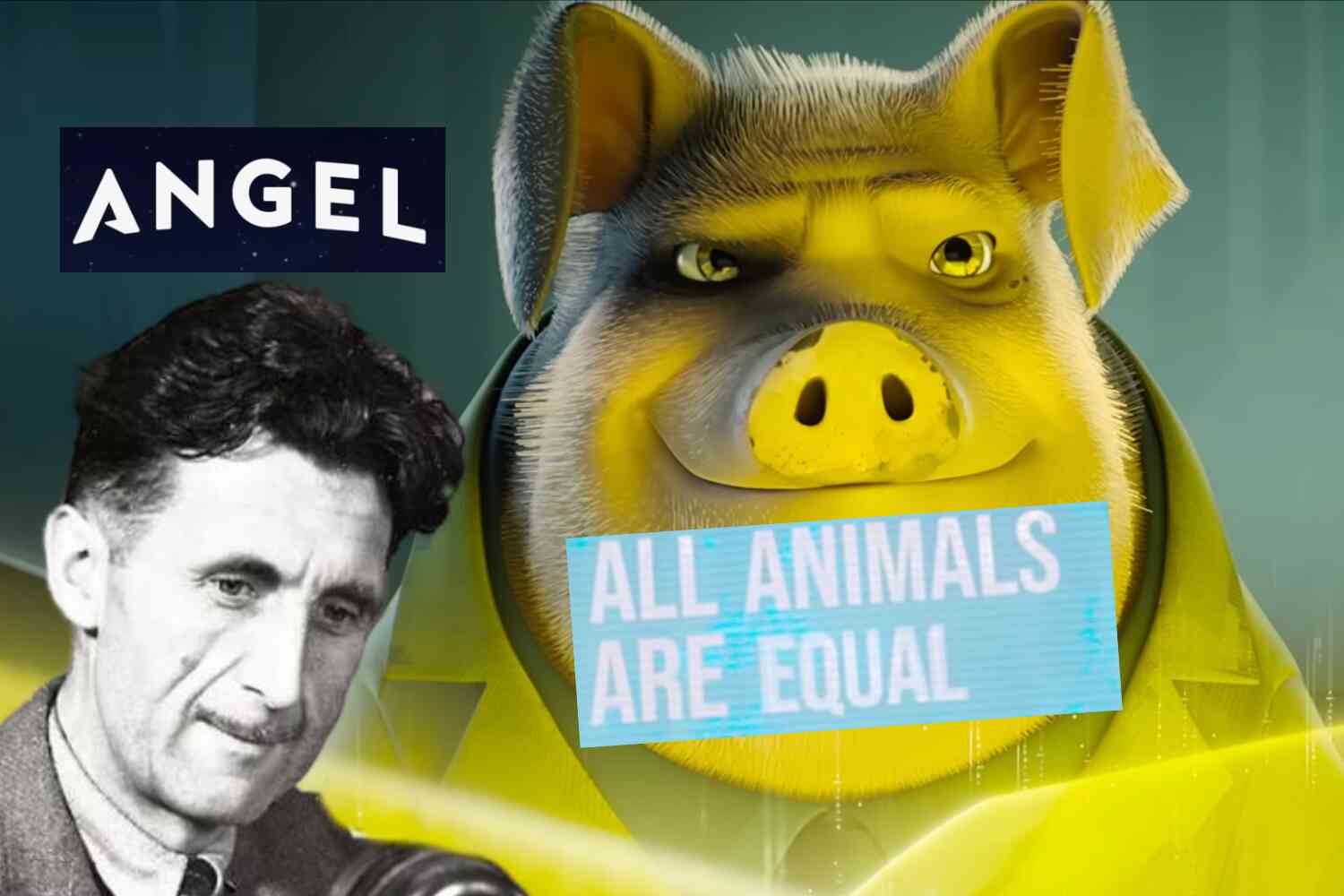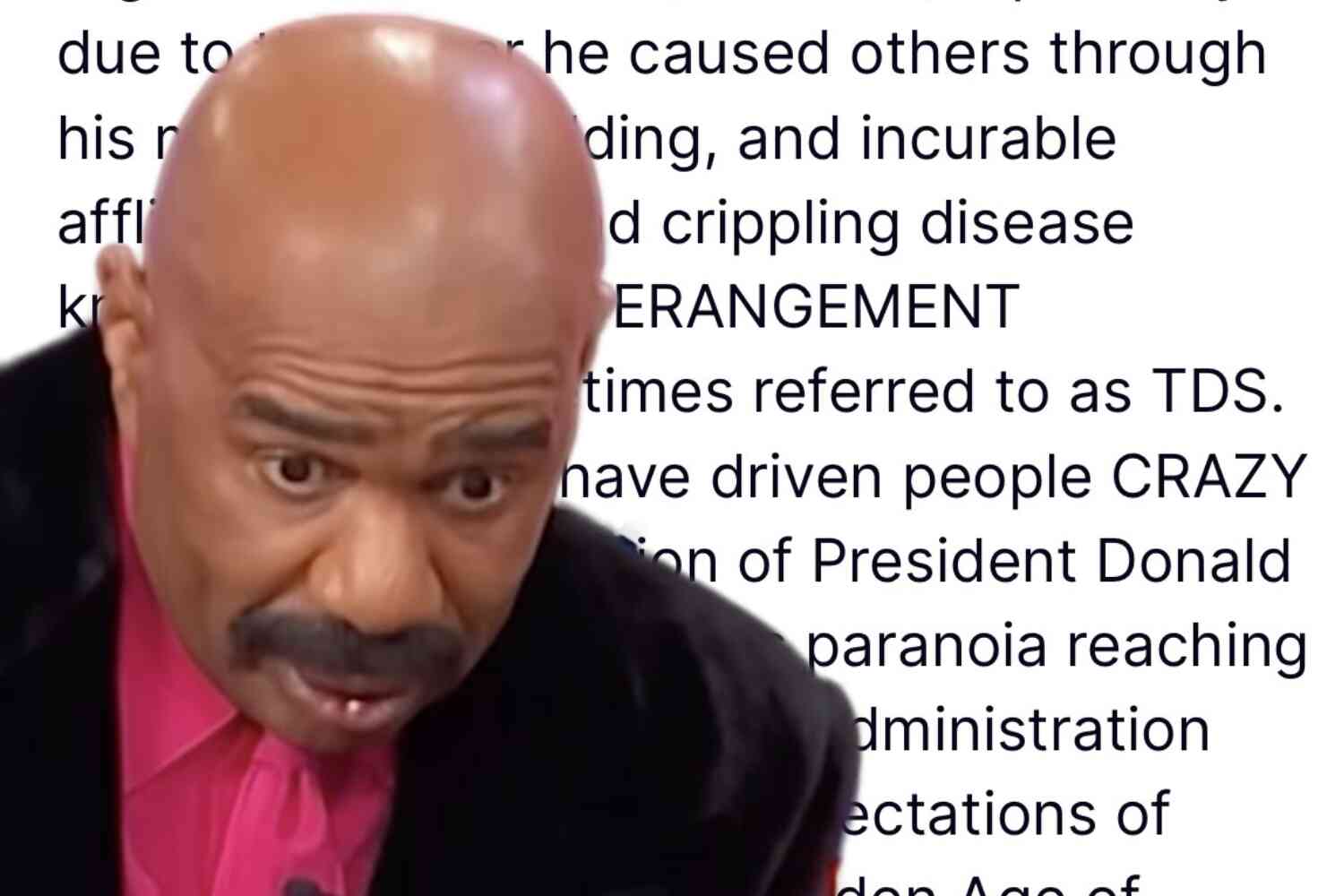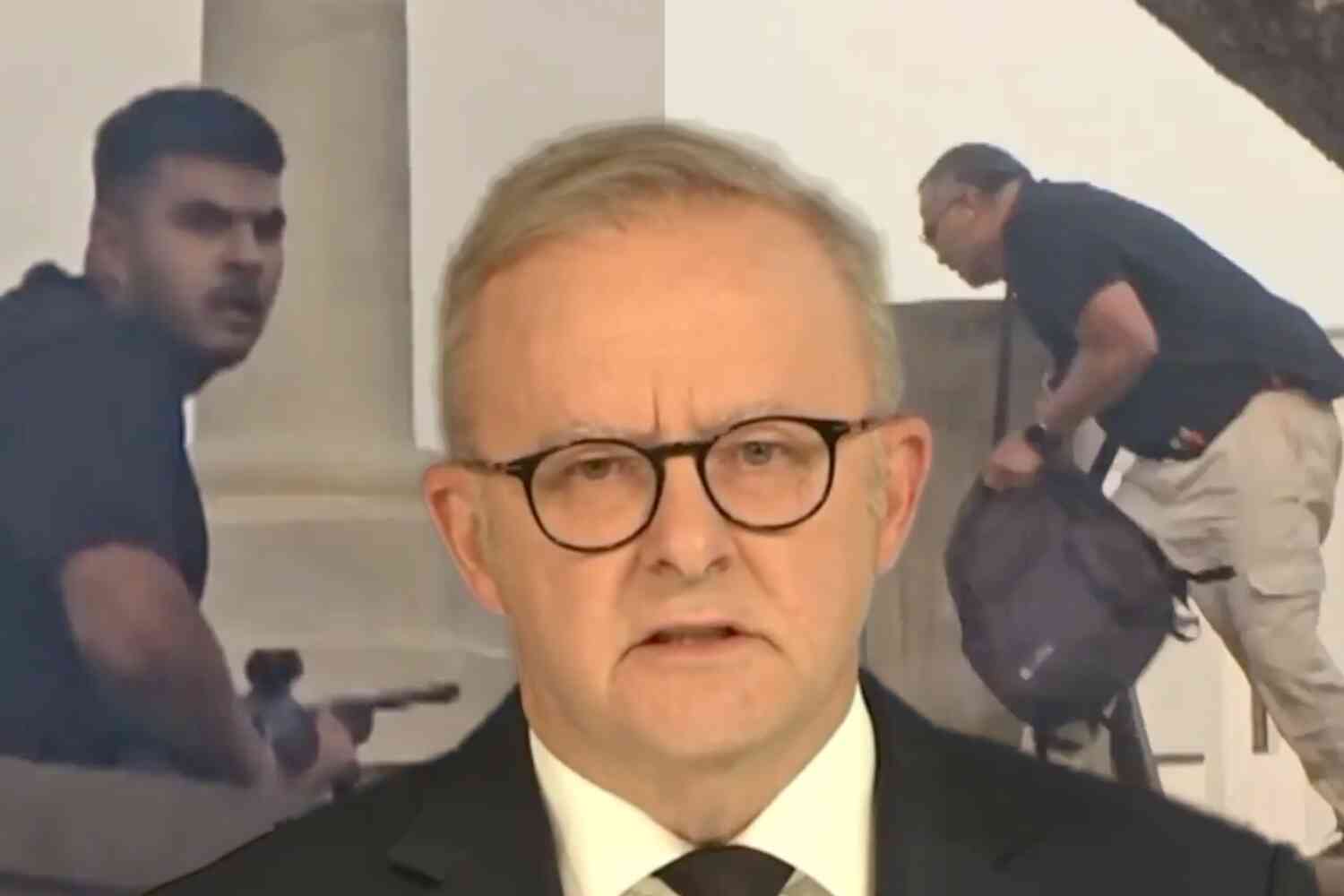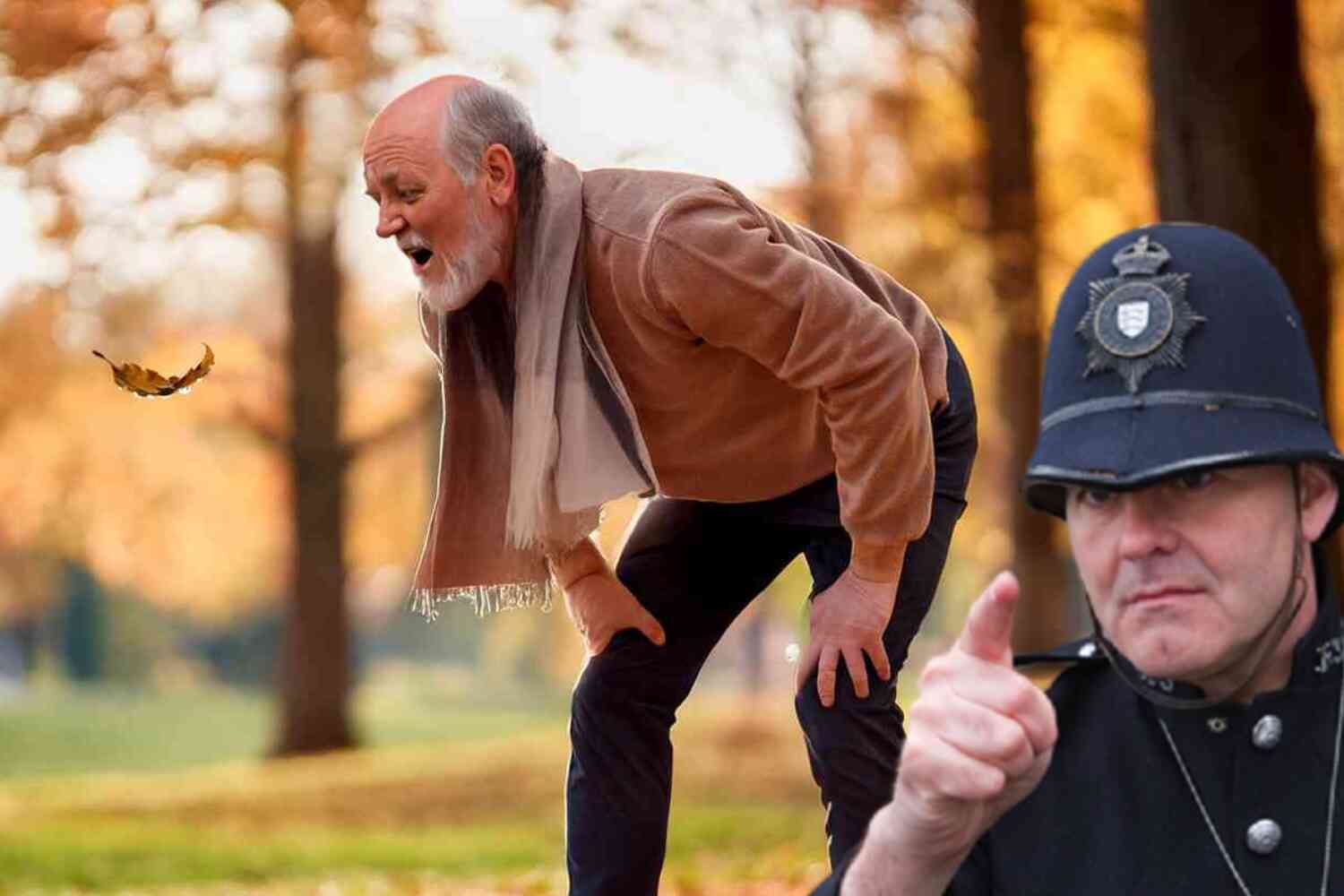It's one of the first moral lessons a good parent will teach their child. When you wrong someone else, you swallow your pride, admit your fault, and ask for forgiveness. Is it pleasant or enjoyable? Of course not. Is it an essential prerequisite for any meaningful reconciliation? Absolutely.
On more than one occasion I have forgiven another person for the harm they've caused me without them ever asking for it. I do it in my heart because my Savior tells me that is what He requires, even if the offense has happened seventy times in one day. While doing so liberates my soul from the burden of anger, frustration, and the dangerous temptation of retribution, unless and until the other party admits their own sin, true reconciliation can't take place. I may not be harboring resentment, but they are persisting in the offense.
Again, we can spiritualize this if it helps us understand the point. Christ forgave my sins at Calvary, but unless and until I admit my fault, repent, and accept His redemptive sacrifice on my behalf, my soul is not reconciled to the Father.
That's where I am with all this recent talk about declaring a "pandemic amnesty." For those who haven't heard about the proposition, The Atlantic's Emily Oster recently wrote a widely-read article suggesting, "We need to forgive one another for what we did and said when we were in the dark about Covid."
I admit to being somewhat confused by the premise here. If Oster is suggesting that average citizens who had sharp disagreements with one another over Covid policy, who bickered over masks, and who let strong convictions prompt them to belittle their friends and neighbors with harsh, condemning words, should sit down together, apologize, forgive, and move forward, then I am completely on board. Christ offered me grace for sins far more egregious than being called a hysteric, a know-it-all, or a stubborn donkey, so I will freely offer it to others. But that interpretation of Oster's call does not seem to be prevailing sentiment from those who have picked it up and run with it.
A significant effort is being made to gaslight average citizens into believe they are just as guilty of Covid crimes (see: "forgive each other") as the government that needlessly closed our churches, shuttered our businesses, emptied our schools, masked our infants, forbid our family funerals, psychologically scarred and intellectually stymied our children. Nothing could be further from the truth.
Even Oster's own phrasing is troublesome. By referring to humanity "being in the dark about Covid," she seems to imply no one knew what to think or do at the time, and therefore we should take it easy on each other.
But if it was so confusing, the science so uncertain, the data so unreliable, then that makes the offense of public health officials, U.S. and world governments, and an incurious, derelict media that dutifully spread unreliable propaganda to justify government overreach so much worse.
Let's also not overlook the uncomfortable fact that there are still those who are advocating for a continuation of these failed policies even now that their futility and harm are well documented and widely known. Don't ask for your crime of stealing a cookie to be forgotten as you're cramming your hand back in the jar to take another.
It's unsurprising that many who are now pushing the "fuggedaboutit" approach are the same voices who were fervent defenders of the very crimes – vaccine mandates that made people choose between their convictions and their livelihoods, hauling parents of autistic kids off airplanes, cancellations of family holidays, funerals by zoom – perpetrated by public officials. And it's unsurprising that they too are yet to issue a single word of apology for their advocacy of those travesties. Pride is a powerful thing. But again, swallowing it is a necessary step if you want anyone to believe you are serious about reconciliation.
That is especially true among communities of faith. While it's bad enough to see unrepentant worldly voices demanding this "amnesty," it's quite another to see professing Christians do the same. Author David French chief among them. Perhaps no other Christian columnist was as outspoken on behalf of Covid policy as French. He condemned fellow believers of committing a "moral crime" when they questioned the safety of the mandated Covid shot.
He accused those who doubted the efficacy of masks and the morality of imposing them on children of being overcome by "darkness."
Without humility or grace, he openly mocked those who commiserated with others harassed for their convictions.
He indicted other blood-bought saints as failing to obey the Lord's command to "love their neighbor" when he judgmentally wrote,
When I'm standing next to an unmasked family in church, I'm not thinking they're brave or bold. I'm seeing instead a tangible disregard for the health and safety of those around them.
That he now voices a desire to reconcile with those he impugned, those he joined with the ungodly to belittle and shame, is good. That he thinks it can be done without his own repentance and contrition is not.
As a Christian, I count it a privilege to forgive any wrongs that were committed against my family and me by others – whether they acted in good faith or bad. But those asking for and demanding we all move forward together have to understand that while forgiveness can be one-sided, reconciliation can't be. It will only happen when they have the character to say, "I'm sorry, I was wrong."
Disclaimer: The opinions expressed in this article are those of the author and do not necessarily reflect the opinions of Not the Bee or any of its affiliates.









